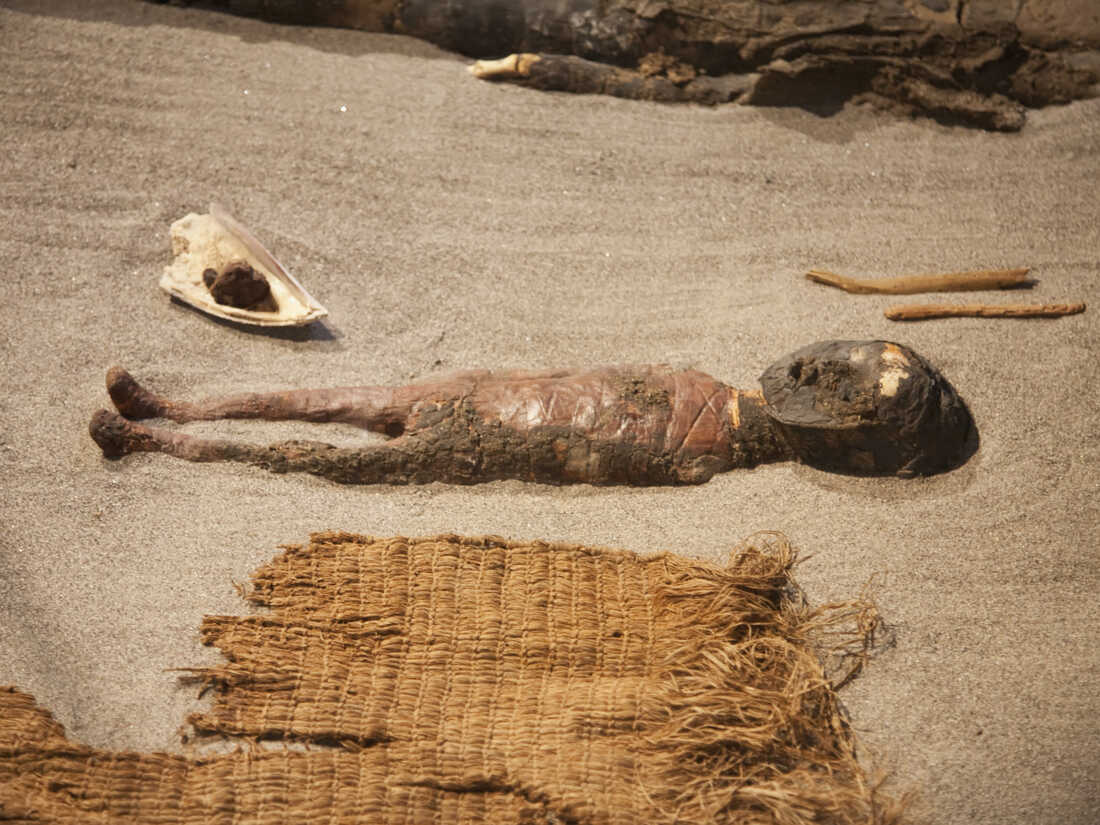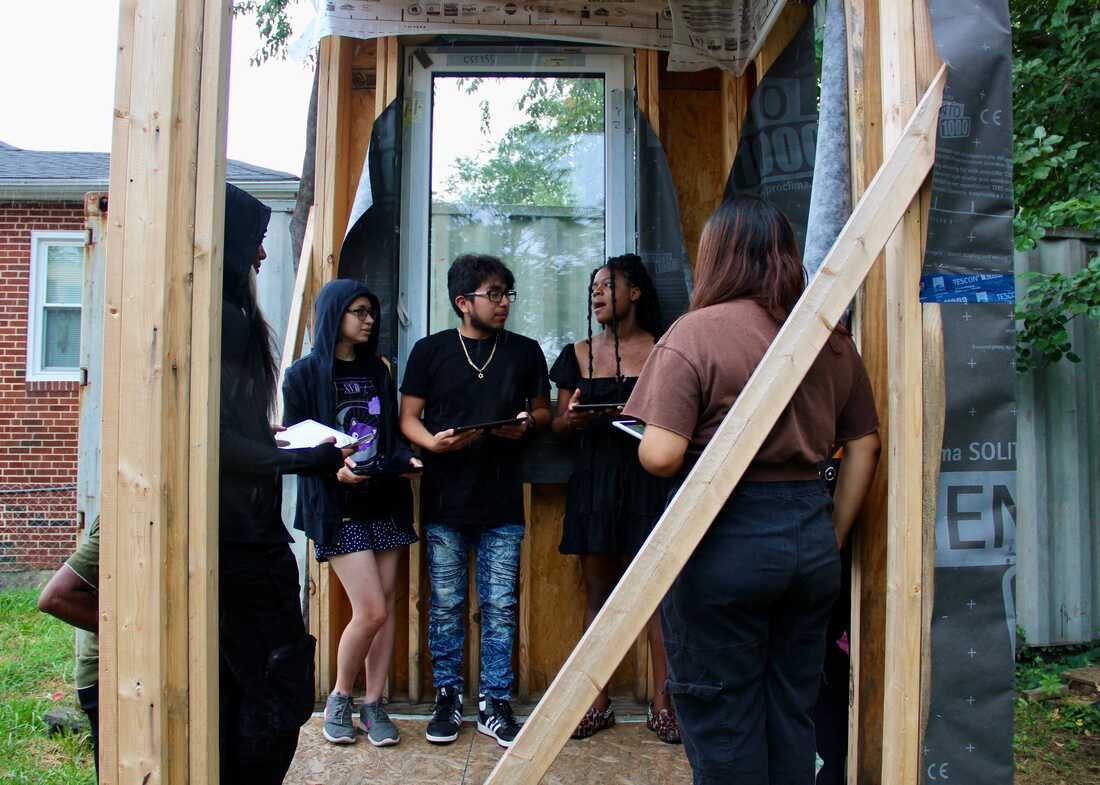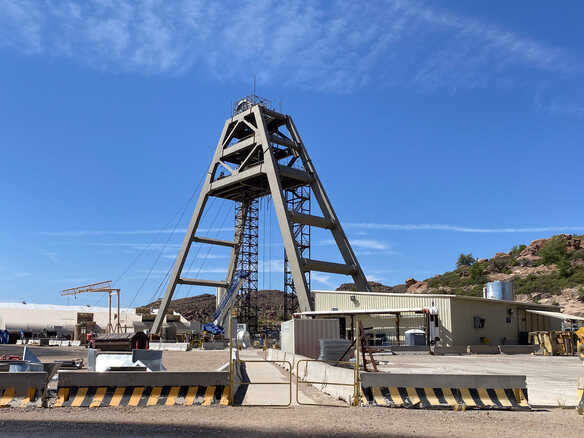Young people think climate change is a top issue but when they vote, it's complicated
By Ximena Bustillo
People rally to end fossil fuels in New York Sunday ahead of the 78th United Nations General Assembly and Climate Ambition Summit. Leonardo Munoz/AFP via Getty Images hide caption
toggle caption Leonardo Munoz/AFP via Getty ImagesPeople rally to end fossil fuels in New York Sunday ahead of the 78th United Nations General Assembly and Climate Ambition Summit.
Leonardo Munoz/AFP via Getty ImagesTens of thousands of climate activists gathered in the streets of midtown Manhattan on Sunday with a common goal: tell President Biden to do more to address climate change.
Biden campaigned in 2020 on an ambitious climate platform and carried that ambition into office, signing the Bipartisan Infrastructure Law and the Inflation Reduction Act — both of which made major investments to tackle the climate and the environment. Meanwhile, some Republicans on for items like biofuels, showing climate policy is no longer a single-party issue.
Still, as Biden and his campaign are hitting the campaign trail for 2024, they are being by young voters' "climate anxiety."
Over the last decade, climate change has emerged as a top political issue, particularly for younger voters. But polls routinely show climate change lags behind other items, like traditional pocketbook economic issues, that can motivate voters.
"Although the climate crisis is the most important issue facing humanity, it's not even close to being the most important voting issue when people cast ballots on Election Day and we in the climate movement need to admit that," said Nathaniel Stinnett, founder of the Environmental Voter Project. "Still, things are changing, and the data is pretty clear that climate voters are becoming a more powerful electoral bloc."
For example, in 2018, a separate environmental advocacy group, the Environment America Action Fund, picked 10 close races where they believed environmental voters could make a difference in the outcome. Eight of those 10 won their races.
Because climate change has risen in political prominence, organizers and groups like the Environmental Voter Project are highlighting the growing power of climate-conscious voters.
in states like Arizona, Florida, Georgia and Pennsylvania. The Environmental Voter Project's goal is to increase voter turnout generally — not influence the political sway of a voter."We think that if we can dramatically increase the number of these people who vote not just in federal elections, but in state and local elections, that will start changing policy," Stinnett predicted. "Even though none of us ever know what happens in the privacy of the voting booth."
And although it is unknown if voters vote purely on climate, it is growing in popularity across parties as an issue voters want to see discussed.
That sentiment was put to the test during the first GOP debate when Alexander Diaz, a student at Catholic University in Washington, D.C., asking presidential candidates how they plan to calm young conservatives' fears that the GOP doesn't care about climate.
Still, Diaz told NPR that although topics like the environment and climate are important to him as a voter, issues like the economy rank higher. And when looking at the climate policies of the two frontrunners — Biden and Trump — Diaz said he isn't convinced by either.
"It's a wash as a young conservative on it," he said. "Because I don't like the green policies of the Biden administration and I don't really think that Trump did all that much."
Economic policy still drives the day for many voters though, Diaz included. Though the environment is important to him, Diaz said it's not enough to get him to pull the lever for the Democratic Party because he sees himself largely aligning with Republicans on everything else.
But climate change is still political and how to address it is moreso. Democrats of any age are more likely to rank it a top issue than Republicans, said Anthony Leiserowitz, founder and Director of the Yale Program on Climate Change Communication.
Thousands of activists, indigenous groups, students and others take to the streets of New York for the 'March to End Fossil Fuels' protest on Sunday. Spencer Platt/Getty Images hide caption
toggle caption Spencer Platt/Getty ImagesThousands of activists, indigenous groups, students and others take to the streets of New York for the 'March to End Fossil Fuels' protest on Sunday.
Spencer Platt/Getty ImagesYoung voters across party lines care about climate
that young voters across party lines list climate as a top issue. The nearly 60% of those ages 18 to 29 believe climate change should be a priority, even at the risk of slowing economic growth. A larger group, 64%, believe climate change is a major threat, and 72% responded that climate change is affecting their local community.
Strategists warn that if Republicans can't talk about climate, they may lose the younger voting base crucial to swing race wins.
"For young Americans across the political spectrum, it's pretty much a given that climate change is happening and that it warrants action," said Danielle Butcher Franz, CEO of the American Conservation Coalition, an organization mobilizing conservatives to take action in addressing climate change. "Candidates that are dismissing that outright are alienating that base."
Young Democrats are more likely to list it as their top issue, unlike their GOP counterparts.
For Shiv Soin, a young climate activist in New York, climate is the number one issue. Although he credits the current administration with pushing climate-friendly legislation, he still wishes Biden went further to limit fossil fuels and reduce emissions.
"I want to see some really strong action from the administration and making this a clear priority because I think Joe Biden understands the importance of climate but actually making it a priority in your administration is a different thing," said Soin, noting there is still anger around Biden's approval of the Willow Project, that resulted in blowback to the administration, particularly from young climate activists.
Youthful activists hold signs while participating in a Climate Strike rally on September 15 in Los Angeles. Frederic J. Brown/AFP via Getty Images hide caption
toggle caption Frederic J. Brown/AFP via Getty ImagesYouthful activists hold signs while participating in a Climate Strike rally on September 15 in Los Angeles.
Frederic J. Brown/AFP via Getty Images


